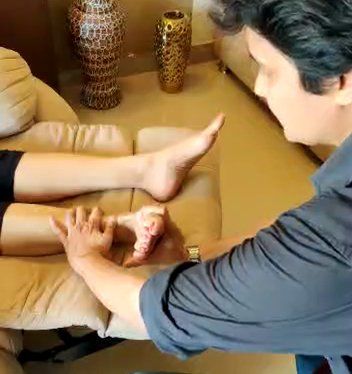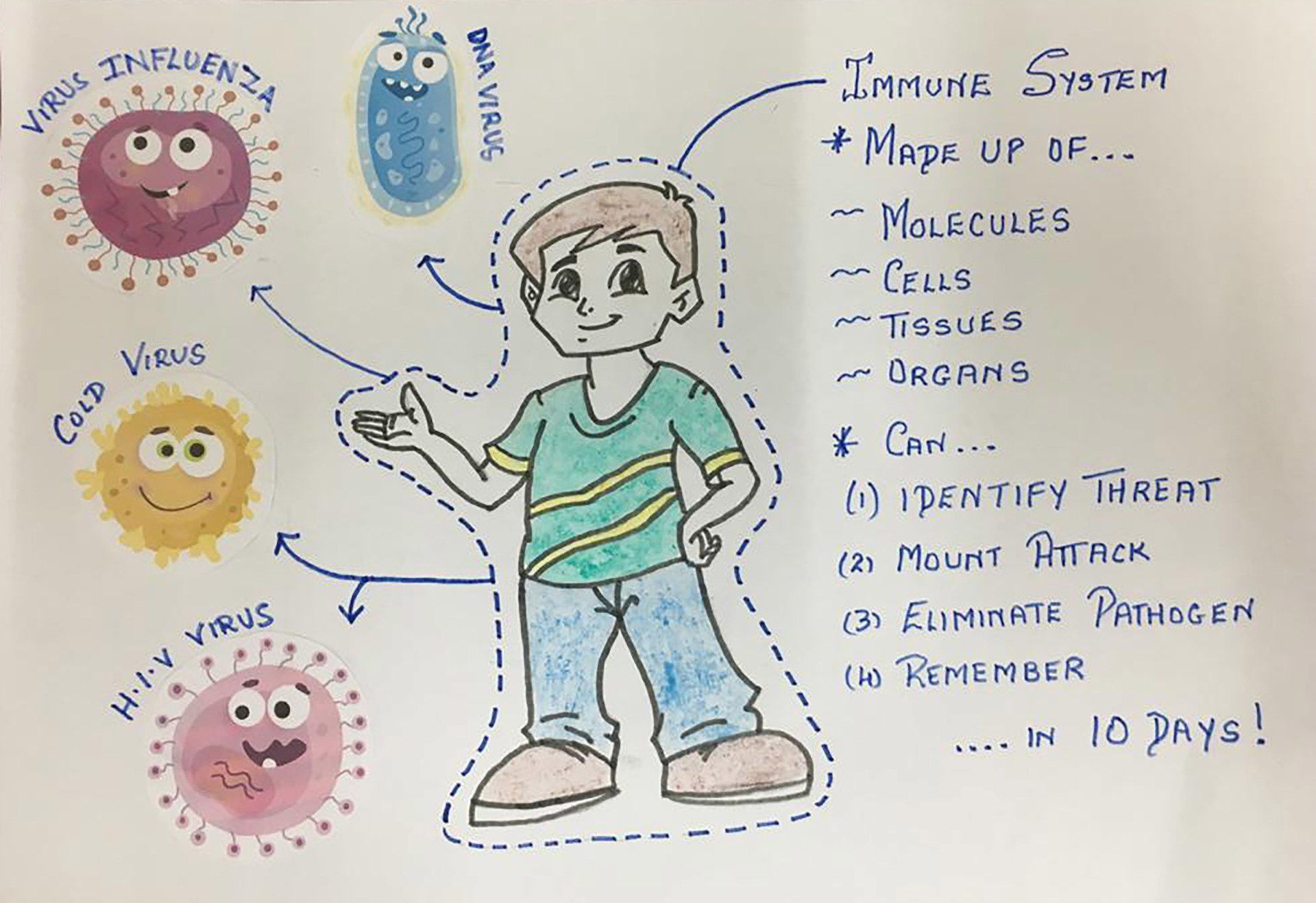4 stages in wound healing
- By Sheryl Colaco
- •
- 07 May, 2018
- •
When ever you get a wound, it may be a smallest scratch on your body or a chronic wound, every wound goes through 4 stages of healing

Hemostasis Phase
Inflammatory Phase
Inflammation is the second stage of wound healing and begins right after the injury when the injured blood vessels leak transudate (made of water, salt, and protein) causing localized swelling. Inflammation both controls bleeding and prevents infection. The fluid engorgement allows healing and repair cells to move to the site of the wound. During the inflammatory phase, damaged cells, pathogens, and bacteria are removed from the wound area. These white blood cells, growth factors, nutrients and enzymes create the swelling, heat, pain and redness commonly seen during this stage of wound healing. Inflammation is a natural part of the wound healing process and only problematic if prolonged or excessive.
Proliferative Phase
The proliferative phase of wound healing is when the wound is rebuilt with new tissue made up of collagen and extracellular matrix. In the proliferative phase, the wound contracts as new tissues are built. In addition, a new network of blood vessels must be constructed so that the granulation tissue can be healthy and receive sufficient oxygen and nutrients. Myofibroblasts cause the wound to contract by gripping the wound edges and pulling them together using a mechanism similar to that of smooth muscle cells. In healthy stages of wound healing, granulation tissue is pink or red and uneven in texture. Moreover, healthy granulation tissue does not bleed easily. Dark granulation tissue can be a sign of infection, ischemia, or poor perfusion. In the final phase of the proliferative stage of wound healing, epithelial cells resurface the injury. It is important to remember that epithelialization happens faster when wounds are kept moist and hydrated. Generally, when occlusive or semiocclusive dressings are applied within 48 hours after injury, they will maintain correct tissue humidity to optimize epithelialization.
Maturation Phase
Also called the remodeling stage of wound healing, the maturation phase is when collagen is remodeled from type III to type I and the wound fully closes. The cells that had been used to repair the wound but which are no longer needed are removed by apoptosis, or programmed cell death. When collagen is laid down during the proliferative phase, it is disorganized and the wound is thick. During the maturation phase, collagen is aligned along tension lines and water is reabsorbed so the collagen fibers can lie closer together and cross-link. Cross-linking of collagen reduces scar thickness and also makes the skin area of the wound stronger. Generally, remodeling begins about 21 days after an injury and can continue for a year or more. Even with cross-linking, healed wound areas continue to be weaker than uninjured skin, generally only having 80% of the tensile strength of unwounded skin.
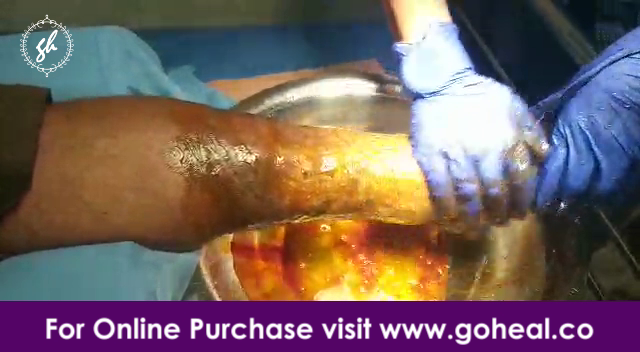
The video has been taken in real time, so please pardon the background sound of vehicles.
To Purchase GoHeal click here
With you in your pain,
Sheryl Colaco
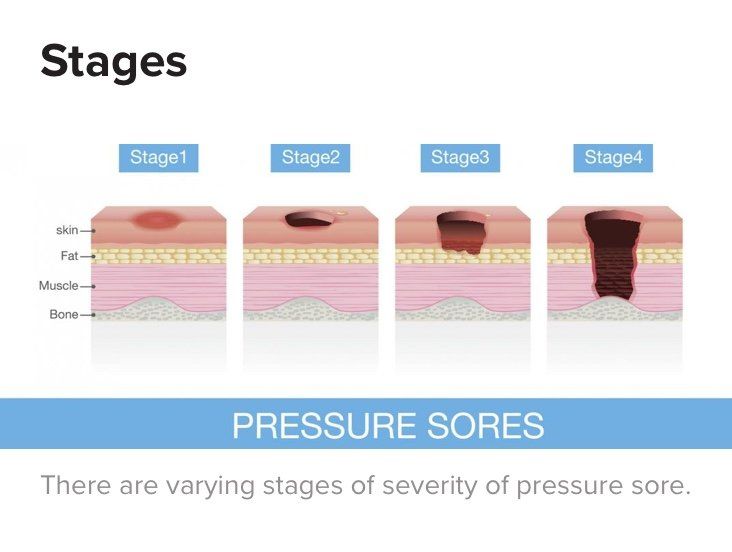
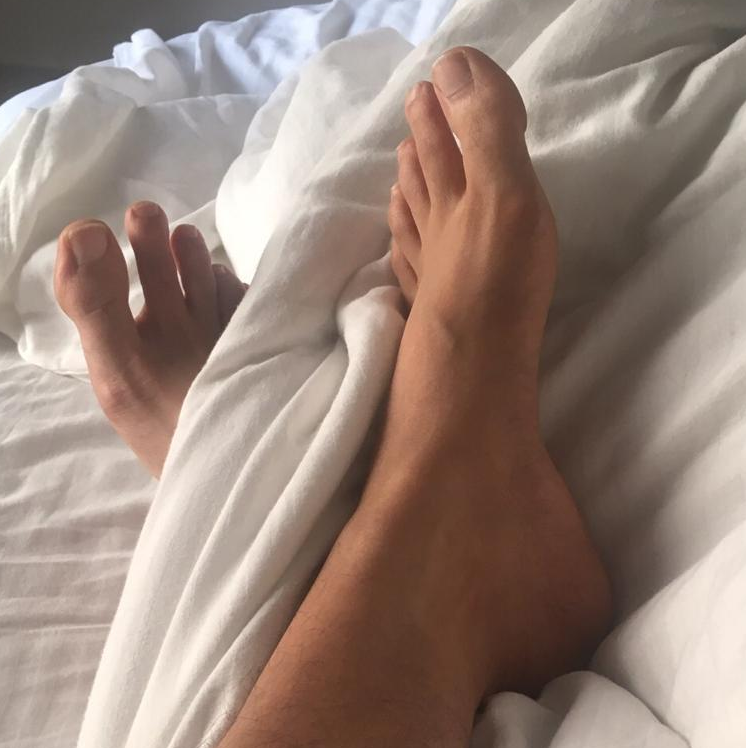
While I met with all and looked at every wound along with our doctors, a pattern hit my mind.
Wounds appeared similar. The odour from the wound was also quite similar, along with the edema oozing. We observed this pattern since the beginning of July 2019 and realised that history was repeating itself from what we saw last July 2018.
We then figured out that all wounds that the diabetics were coming in with, were due to the rising humidity levels in the air as well as rain water. So, folks please remember that PREVENTION IS BETTER THAN FINDING A CURE. Ensure your feet are always well protected from wetness & from rain water. It is impossible to be a 100% safe for this, so I recommend each of us to dry our feet as soon as we can. Dry them well (after a thorough wash with clean water and a soap - any bathing soap should help if you don’t have an ongoing bacterial infection)
Husbands, please inspect your wives feet at the end of the day. Wives, do so with your husbands feet. Sons and daughters, Please ensure you don’t go to bed without inspecting your dad/ mom/ grandpa/ grandma’s feet at the end of each day. At the least observed cut, or skin color changes, take action to prevent aggravation.
This way, I am positive that we will see lesser wounded patients coming in to get treated with us, because you have taken better care of yourselves and your loved ones.
For more information please visit www.goheal.co or call +91 98454 95569.
Sheryl Colaço
Colaço Healthcare Pvt Ltd


